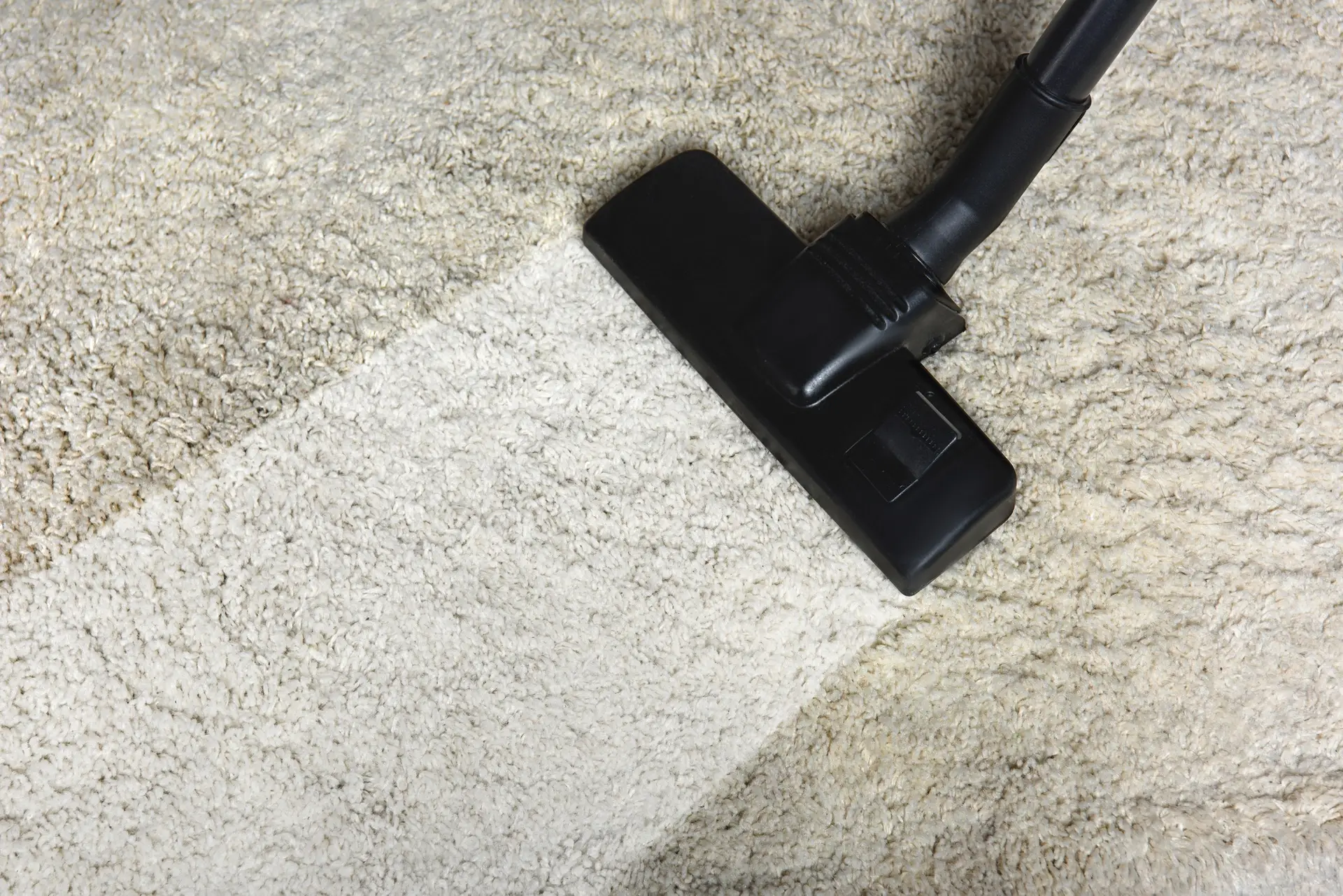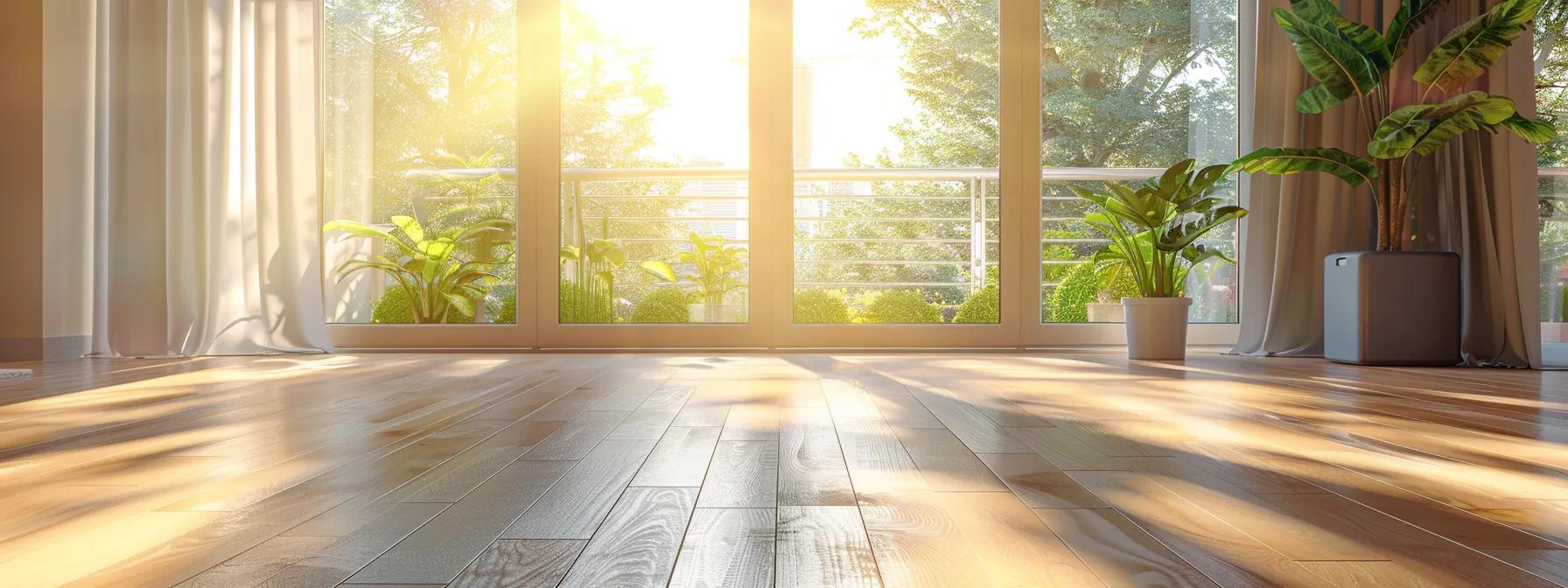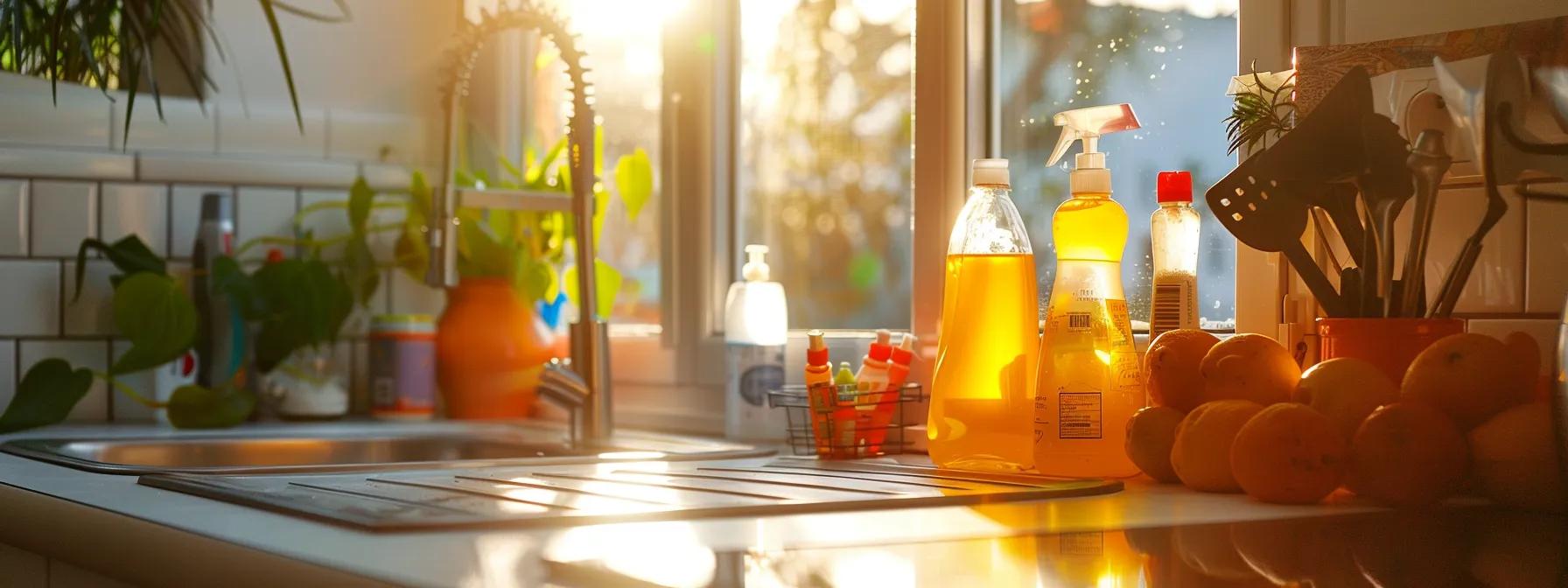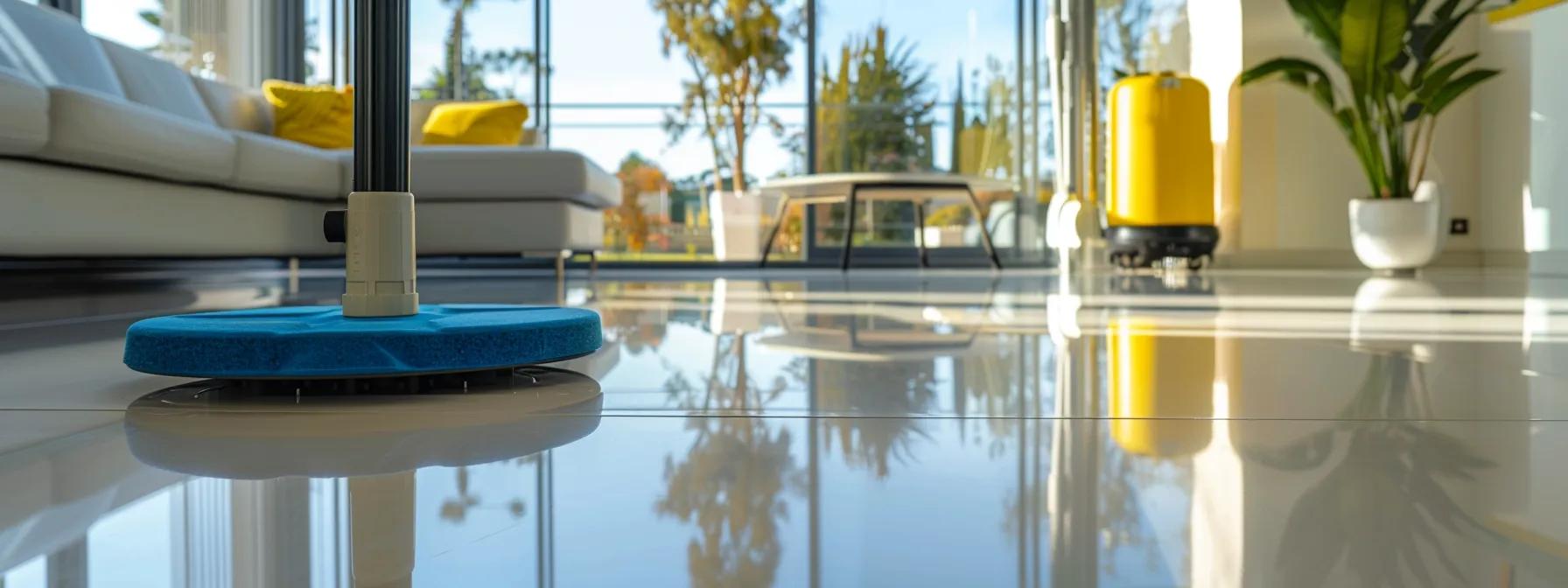Are your carpets losing their luster between professional cleanings? Maintaining clean carpets is essential to prevent dirt buildup and prolong their lifespan. This guide covers effective strategies such as regular vacuuming, prompt stain treatment, and applying protective cleaners. By following these tips, homeowners can enjoy a fresh and healthy living environment. Learn how to address common carpet issues and keep your floors looking their best with minimal effort.
Understanding Post Carpet Cleaning Care
Proper post carpet cleaning care ensures the longevity of the floor’s appearance. Immediate actions, such as using a vacuum cleaner to remove residual dust and avoiding excess water, are crucial. Recognizing signs like lingering dampness or persistent stains indicates the need for extra attention. Implementing best practices keeps carpets fresh and maintains their cleanliness between professional hot water extraction sessions.
Importance of Immediate Care After Cleaning
After a steam cleaning session, it is vital to ensure that the carpet dries completely to avoid moisture buildup. Managing the room’s humidity levels helps facilitate the drying process and protects the carpet fibers from potential damage.
Maintaining the integrity of carpet fibers requires regular dry cleaning practices that sustain their appearance and durability. Addressing any remaining dampness promptly maintains the carpet’s cleanliness and prolongs its lifespan:
- Use a high-quality vacuum to eliminate residual dust
- Ensure proper ventilation to reduce humidity
- Avoid walking on the carpet until it is fully dry
- Spot clean any persistent stains immediately
- Rotate furniture to prevent uneven wear on carpet fibers
Signs Your Carpet Needs Extra Attention
Persistent odors emerging from the textile may indicate that cleaning agents were not fully removed during water extraction, potentially leading to bacterial proliferation and unpleasant smells. Signs of water damage, such as warped or brittle fibers, can reveal that excessive moisture remains, necessitating immediate action.
Discoloration or staining that remains visible after routine maintenance suggests deeper issues within the carpet’s fibers. Additionally, unusual textures or the emergence of mold highlight the necessity for specialized cleaning solutions to address these problems effectively.
Best Practices for Keeping Carpets Fresh
Maintaining optimal temperature and controlling moisture levels are essential for preventing mold growth and reducing allergens in carpets. Regularly adjusting the indoor environment helps create conditions that discourage the proliferation of harmful microorganisms, ensuring a healthier living space.
Arranging furniture thoughtfully can enhance carpet longevity by minimizing high-traffic areas and preventing excessive wear. Additionally, promptly addressing spills and using appropriate cleaning techniques can effectively manage moisture, safeguarding the carpet fibers from damage and maintaining their fresh appearance.
Establishing a Regular Carpet Cleaning Maintenance Routine
Establishing a regular carpet cleaning maintenance routine is essential for maintaining cleanliness and extending the life of your carpets. Determining the frequency of vacuuming based on foot traffic ensures effective removal of soil and debris. Selecting the right type of vacuum tailored for wool carpets enhances cleaning efficiency, while regularly changing vacuum filters ensures optimal performance. Proper ventilation and the use of a dehumidifier further support carpet upkeep.
Frequency of Vacuuming Based on Foot Traffic
The frequency of vacuuming should correspond to the level of foot traffic in each area of a home. In high-traffic rooms, daily vacuuming can significantly reduce allergens and prevent the growth of mildew, ensuring a healthier environment for individuals with allergies. Conversely, spaces with less foot traffic may only require vacuuming once a week to maintain cleanliness without the need for excessive use of carpet shampoo.
In addition to regular vacuuming, proper air conditioning helps control indoor humidity, further preventing mildew and preserving carpet fibers. Addressing spills promptly with a paper towel and maintaining a consistent cleaning schedule tailored to each area’s foot traffic ensures that carpets remain fresh and free from allergens between professional cleanings.
Selecting the Right Type of Vacuum for Your Carpet
Choosing the right vacuum is fundamental to maintaining clean carpets effectively. Models equipped with robust brushes and efficient airflow can penetrate deep into carpet fibers, removing embedded dirt and allergens. Additionally, vacuums designed for upholstery cleaning ensure that furniture surfaces remain spotless, complementing the overall cleanliness of the living space.
Investing in a vacuum with adjustable settings allows for tailored cleaning based on carpet type and condition. High-quality airflow enhances debris removal, preventing buildup and extending the carpet’s lifespan. Selecting a vacuum that balances brush performance with airflow efficiency provides a comprehensive solution for maintaining both carpets and upholstered furniture.
Importance of Changing Vacuum Filters Regularly
Regularly changing vacuum filters is vital to prevent bacteria buildup within the machine, ensuring a healthier environment. A clean filter maintains optimal pressure and airflow, enhancing the vacuum’s ability to effectively remove dirt and allergens from carpets. This practice supports the proper evaporation of moisture, reducing the risk of mold growth.
Failing to replace filters can decrease the vacuum’s pressure, leading to inefficient cleaning and lingering dirt. Additionally, using a proper towel to clean spills promptly complements filter maintenance by minimizing moisture, which can harbor bacteria. Combining these practices ensures carpets remain fresh and extends the vacuum’s lifespan.
Air Quality and Carpet Care
Maintaining air quality is essential for carpet care. Ensuring proper air circulation in Melbourne homes helps eliminate detergent and oil residues, extending carpet and mat longevity. Using air purifiers improves health by removing allergens and pollutants, while managing humidity levels prevents mold growth and maintains carpet cleanliness.
Benefits of Keeping Air Circulating in Your Home
Maintaining proper air circulation in a home significantly enhances the drying process after carpet cleaning. Effective ventilation helps eliminate moisture, reducing the risk of mite infestations and ensuring that nylon fibers retain their integrity.
Good airflow also aids in removing lingering odors by dispersing cleaning agents like vinegar, which neutralize unpleasant scents. This practice not only promotes a healthier indoor environment but also keeps carpets fresh between professional cleanings:
| Benefit | Action |
|---|---|
| Faster Drying | Use fans and open windows to enhance air movement |
| Prevents Mite Growth | Maintain low humidity levels |
| Odor Removal | Utilize vinegar-based cleaning solutions |
| Protects Carpet Fibers | Ensure even drying to preserve nylon quality |
By consistently managing air quality, homeowners can prolong the lifespan of their carpets and maintain a clean, comfortable living space.
Using Air Purifiers to Enhance Carpet Lifespan
Installing air purifiers significantly contributes to the longevity of carpets by enhancing indoor air quality. These devices efficiently remove debris and airborne particles that can settle into carpet fibers, preventing premature wear and maintaining the carpet’s appearance over time.
Additionally, maintaining high indoor air quality helps protect surrounding elements like grout from dust accumulation, ensuring a cleaner and more cohesive living environment. Homeowners can implement the following strategies to maximize the benefits of air purifiers:
| Strategy | Benefit |
|---|---|
| Regular Filter Replacement | Ensures optimal debris removal |
| Proper Placement | Maximizes air circulation around carpets |
| Consistent Usage | Maintains continuous indoor air quality |
For personalized advice on selecting the right air purifier, homeowners can reach out via email to carpet care specialists, ensuring tailored solutions that extend carpet lifespan and maintain a healthy home environment.
How Humidity Levels Impact Carpet Cleanliness
Humidity levels significantly influence carpet cleanliness, especially in regions like Queensland and Perth where moisture can lead to the deterioration of synthetic fiber carpets. Utilizing HEPA air purifiers helps maintain optimal air quality by removing excess moisture and airborne particles, thereby preventing mold growth and fiber damage.
Managing liquid spills promptly is crucial in high-humidity environments to avoid prolonged dampness that attracts bacteria and allergens. Regular monitoring and controlling indoor humidity ensure that synthetic fiber carpets remain dry and hygienic, enhancing their longevity and maintaining a pristine appearance.
Applying Protective Treatments After Cleaning
Applying protective treatments after cleaning safeguards carpets from ink stains and wet carpet issues. In Canberra, Victoria, and Adelaide, various carpet protectors are available, each with specific application methods. Utilizing professional protection services offers added benefits, ensuring carpets remain clean and durable between professional cleanings.
Types of Carpet Protectors Available
In Australia, homeowners in Sydney have access to a variety of environmentally friendly carpet protectors that help preserve carpet quality while minimizing environmental impact. These protectors create an invisible barrier that repels spills and stains, making daily maintenance easier and extending the lifespan of carpets.
For those looking to invest in high-quality carpet protection without a long-term commitment, leasing options are available, providing flexibility and cost-effectiveness. Additionally, some products incorporate designs inspired by everyday items like a spoon, ensuring ease of use and effective application, catering to the diverse needs of Australian households.
How to Apply Carpet Protection Products
To effectively apply carpet protection products in Brisbane homes, professionals recommend first ensuring the carpet is completely dry and free from any residues. This preparation allows the dye-based protectants to bond properly with the fibers, enhancing resistance against pet urine and preventing future stains from wear and tear.
Application involves evenly spraying the protector across the carpet surface, paying special attention to high-traffic areas and spots prone to pet accidents. Allowing adequate drying time ensures that the protective layer forms a durable barrier, safeguarding the carpet against everyday challenges and maintaining its pristine appearance.
Benefits of Professional Protection Services
Professional protection services in New South Wales utilize advanced heat application techniques to ensure that protective treatments adhere effectively to polyester carpets. This meticulous process enhances the carpet’s resistance to spills and stains, maintaining its appearance and durability even in high-traffic areas. By leveraging specialized equipment transported via truck, experts guarantee that each treatment is applied uniformly, providing long-lasting protection tailored to the unique climate conditions of the region.
Additionally, these services extend their protective benefits beyond carpets to nearby furnishings such as mattresses, safeguarding the entire living space from potential damage. The professional application methods ensure that protective layers are seamlessly integrated, preventing moisture and heat from compromising the integrity of both carpets and adjacent items. Homeowners in New South Wales can rely on these comprehensive solutions to maintain a clean and resilient environment effortlessly.
Handling Furniture After Carpet Cleaning
Proper handling of furniture after carpet cleaning is essential to maintain carpet integrity. This involves observing optimal wait times before replacing furniture to ensure complete drying, using protective pads under furniture legs to prevent damage to tile and carpet surfaces, and placing heavy items carefully to reduce particulates. Additionally, utilizing a ceiling fan in Tasmania homes and minimizing shoe traffic further protect the carpets.
Optimal Wait Times Before Replacing Furniture
After carpet cleaning in Hobart, it is essential to wait at least 24 hours before moving furniture back into the room. This waiting period allows the suction used during the cleaning process to fully remove excess moisture, ensuring the carpet dries completely. Treating this wait time as an investment in your carpet’s longevity helps prevent issues such as dander accumulation and fiber damage.
During the optimal wait time, homeowners can perform an inspection to identify any remaining damp areas or stubborn stains that may need additional care. Addressing these issues promptly ensures the carpet remains in excellent condition and maintains its cleanliness between professional cleanings. Adhering to recommended wait times not only preserves the carpet’s appearance but also enhances the overall indoor air quality.
Using Protective Pads Under Furniture Legs
Using protective pads under furniture legs is essential to prevent accidental spills of drinks or food from damaging the carpet during rearrangements. These pads act as a barrier, reducing the risk of stains and preserving the carpet’s beauty over time.
High-quality pads also mitigate the impact of moving heavy items, ensuring that paint or coffee spills do not seep into the fibers. By implementing this simple strategy, homeowners can maintain their carpets’ pristine condition between professional cleanings.
Considerations for Heavy Furniture Placement
Proper placement of heavy furniture is critical to maintaining carpet hygiene and preventing fiber damage. Utilizing quality underlays beneath furniture legs can distribute weight evenly, reducing indentations and preserving the carpet’s appearance. Avoid dragging items to minimize the risk of tearing or abrasion:
| Strategy | Benefit |
|---|---|
| Use Protective Underlays | Distributes weight evenly, preventing indentations |
| Avoid Dragging Furniture | Prevents tearing and fiber abrasion |
| Regularly Inspect Placement | Maintains carpet longevity and hygiene |
Additionally, avoiding the use of abrasive materials like sandpaper during furniture rearrangement helps prevent unnecessary wear on carpet fibers. Ensuring that no foam or laundry detergent residues are trapped under furniture promotes a clean environment and sustains the carpet’s integrity.
Addressing Stains Promptly
Addressing stains promptly is essential for preserving carpet quality. Understanding common stains, such as grease from kitchen spills or ink from a couch accident, allows for immediate remedies using products like bleach when appropriate. Implementing best practices for spot cleaning ensures effective results, while knowing when to seek professional help can uphold carpet warranty and maintain cleanliness in any room.
Common Stains and Their Immediate Remedies
Common household stains such as coffee spills and pet accidents require immediate stain removal to prevent permanent discoloration. Quickly addressing these issues with appropriate cleaning agents ensures that dirt, lint, and hair do not become embedded in the carpet fibers, maintaining the carpet’s pristine appearance.
For stains related to laundry mishaps, such as detergent spills, it is essential to blot the area gently and use a recommended cleaning solution. Referring to a white paper on carpet maintenance can provide homeowners with effective techniques for removing stubborn stains without compromising the carpet’s integrity.
Best Practices for Spot Cleaning
Implementing best practices for spot cleaning is essential for effective carpet maintenance. Customers should use a mild ammonia solution to treat stains, ensuring not to over-saturate the area. In cases of spills near leather furniture, careful application prevents damage to both surfaces:
| Stain Type | Recommended Cleaning Method |
|---|---|
| Coffee | Blot with cold water and apply a vinegar solution |
| Ink | Use isopropyl alcohol for spot treatment |
| Pet Urine | Apply an enzymatic cleaner to break down proteins |
For more resilient stains, such as those from ink or food coloring, utilizing specialized products or seeking professional assistance is advisable. Incorporating advanced techniques, possibly integrating JavaScript-based tools for stain analysis, can enhance the effectiveness of maintenance efforts and ensure carpets remain in optimal condition.
When to Seek Professional Help for Stain Removal
When stains persist despite initial cleaning attempts, such as those from smoke or stubborn spills, seeking professional help becomes essential. Professional carpet cleaners often utilize advanced techniques and products, including specialized essential oils, to effectively eliminate deep-set stains and restore the carpet’s appearance.
Additionally, if standard spray treatments fail to remove persistent odors or marks, reaching out to a company’s customer service can provide access to expert solutions. These professionals can assess the situation and apply targeted methods to ensure the carpet remains clean and well-maintained.
Educating Household Members on Carpet Care
Creating a carpet care guide for homes in the United States supports families in maintaining oriental rugs and preventing asthma triggers. Involving children and pets in carpet maintenance enhances their experience and promotes cleanliness. Additionally, managing footwear through the use of a squeegee minimizes dirt infiltration, ensuring carpets remain fresh and durable.
Creating a Carpet Care Guide for Your Home
Creating a comprehensive carpet care guide for the home involves setting clear rules and providing the necessary tools to maintain carpet cleanliness. This guide should include instructions on spot cleaning techniques, the use of plastic protectors to prevent spills from seeping into the fibers, and guidelines for regular maintenance. Ensuring that all household members understand and follow these practices is essential for sustaining the carpet’s appearance:
| Guide Component | Description |
|---|---|
| Spot Cleaning | Instructions on how to promptly address spills and stains using appropriate cleaners. |
| Protective Measures | Use of plastic barriers or mats in high-traffic areas to minimize wear and tear. |
| Maintenance Schedule | Regular vacuuming and professional carpet cleaning appointments to uphold carpet quality. |
| Feedback Mechanism | Encouraging household members to provide feedback on the effectiveness of the carpet care practices. |
Incorporating feedback from all household members allows for continuous improvement of the carpet care guide. Collaborating with professional carpet cleaning services ensures that the maintenance routines are effective and tailored to the specific needs of the home, thereby extending the life and appearance of the carpets.
Involving Children and Pets in Carpet Maintenance
Engaging children in carpet care routines helps establish responsible habits and ensures timely spill removal. By involving them in simple tasks, such as blotting minor stains or informing parents about accidents, families can maintain cleaner carpets more effectively. Utilizing resources from a professional cleaning service’s website can provide age-appropriate tools and instructions that make participation easy and fun for children.
Pets can pose unique challenges to carpet maintenance, but proactive strategies can mitigate potential damage. Training pets to avoid certain areas and promptly addressing any accidents can significantly reduce the need for extensive stain removal. When more serious issues arise, homeowners can call a professional cleaning service to handle stubborn stains and odors, ensuring carpets remain in excellent condition despite the presence of pets.
The Role of Footwear in Carpet Cleanliness
Managing footwear within the home plays a crucial role in keeping carpets clean by preventing the tracking of dirt and debris from outside. Encouraging household members to remove their shoes upon entering reduces the amount of soil that settles into carpet fibers, minimizing the frequency and intensity of necessary cleaning solutions:
| Strategy | Benefit |
|---|---|
| Implement a No-Shoes Policy | Reduces dirt and allergens introduced to carpets |
| Use Doormats at Entry Points | Traps debris before it reaches carpeted areas |
| Provide Shoe Storage Solutions | Encourages members to remove shoes, keeping carpets cleaner |
Additionally, providing designated areas for shoes and regularly maintaining these zones further assists in keeping carpets clean. By removing shoes at the door, households can significantly decrease the need for frequent deep cleaning, thereby extending the life and appearance of their carpets.
Monitoring and Maintaining Carpet Appearance
Regular monitoring and maintenance are essential for keeping carpets clean between professional cleanings. This includes scheduling periodic deep cleaning services to remove embedded dirt, addressing the impact of seasonal changes on carpet care, and recognizing signs it may be time for replacement. Implementing these strategies ensures carpets remain fresh and extend their lifespan.
Scheduling Periodic Deep Cleaning Services
Scheduling periodic deep cleaning services plays a crucial role in maintaining carpet appearance and extending its lifespan. Regularly arranged professional cleanings effectively remove deeply embedded dirt and allergens, ensuring that carpets remain vibrant and healthy. By adhering to a consistent cleaning schedule, homeowners can prevent the buildup of contaminants and avoid costly repairs or replacements.
Implementing a structured deep cleaning routine allows for the early detection of potential issues, such as persistent stains or fiber damage. Professional technicians can assess the carpet’s condition during each visit, providing tailored solutions that address specific needs. This proactive approach not only preserves the carpet’s aesthetic appeal but also enhances the overall indoor air quality of the home.
The Impact of Seasonal Changes on Carpet Care
Seasonal changes significantly affect carpet maintenance routines. For example, during winter, increased indoor humidity can lead to mold growth, while spring often brings pollen and allergens into the home. Understanding these seasonal impacts allows homeowners to adjust their carpet care strategies effectively:
- Adjust vacuum frequency based on seasonal debris
- Use dehumidifiers in humid seasons to prevent mold
- Deep clean carpets in spring to remove pollen and allergens
In summer, higher humidity levels and increased activity can accelerate carpet wear and accumulation of dust. Implementing appropriate measures, such as regular spot cleaning and maintaining air quality, helps preserve the carpet’s condition throughout the year.
Signs It May Be Time for Replacement
When a carpet begins to show extensive wear, such as frayed edges or flattened fibers, it may indicate that replacement is necessary. Persistent thinning in high-traffic areas not only affects the carpet’s appearance but also its ability to trap dust and allergens effectively. Recognizing these signs early can help homeowners decide when investing in a new carpet will enhance both aesthetics and indoor air quality.
Another clear indicator that a carpet needs replacement is the presence of deep, stubborn stains that remain unresponsive to professional cleaning efforts. Additionally, if the carpet’s color has significantly faded or if odors persist despite thorough maintenance, it may no longer contribute positively to the home’s environment. Opting for a new carpet ensures a fresh, clean look and maintains a healthy living space.
Best Carpet Maintenance Strategies for a Cleaner, Longer-Lasting Carpet
Carpet Maintenance Strategies
This bar chart shows how different carpet care methods work in three important ways:
- Keeping Your Carpet Clean – How well each method keeps your carpet looking fresh.
- Preventing Damage – How much wear and tear it helps avoid over time.
- Making Your Carpet Last Longer – How these strategies can extend your carpet’s lifespan.
By comparing these strategies side by side, it’s easy to see which ones are most effective. This can help you pick the best approach to keep your carpets looking great for years to come. Let me know if there’s anything you’d like to add or adjust!
Frequently Asked Questions
How often should carpets be maintained between professional cleanings?
Regular maintenance of carpets is recommended every 6 to 12 months between professional cleanings. Consistent vacuuming helps remove dirt and debris, while promptly addressing spills prevents stains from setting. Using doormats at entrances can also reduce the amount of dirt tracked onto carpets.
In high-traffic areas, more frequent upkeep may be necessary to maintain carpet quality. Additionally, periodic spot treatments and using carpet protectors can extend the life of your carpets. These practices ensure a clean and healthy environment, enhancing the overall appearance of your home or office.
What practices prevent carpet stains from setting quickly?
Responding swiftly to spills is essential. Immediately blot the area with a clean cloth to absorb liquid, preventing it from seeping into carpet fibers and minimizing the risk of permanent stains.
Choose appropriate carpet cleaning solutions for different stain types. Regular vacuuming and prompt treatment of spots ensure stains do not set, maintaining the carpet’s appearance over time.
How does indoor air quality impact carpet cleanliness?
Indoor air quality significantly affects carpet cleanliness by influencing the amount of dust, allergens, and pollutants that settle into carpet fibers. Poor air quality introduces more particles, increasing the need for frequent cleaning to maintain a healthy environment.
Conversely, good indoor air quality reduces the accumulation of these contaminants on carpets. Effective air filtration systems can help keep carpets cleaner for longer periods, enhancing their appearance and longevity while promoting a healthier home.
Which protective treatments are best after carpet cleaning?
After carpet cleaning, applying a high-quality stain repellent is essential. These treatments create a barrier that resists spills and everyday stains, helping to maintain your carpet’s appearance and extend its lifespan.
Professional-grade sealants offer superior protection compared to DIY options. Hiring experts ensures the protective treatment is evenly applied, providing long-lasting defense against future soiling and keeping your carpets looking fresh longer.
How to Properly Move Furniture to Protect Carpets?
To safeguard carpets when moving furniture, always lift items instead of dragging them across the floor. Utilize protective pads or sliders under furniture legs to reduce friction and prevent carpet fibers from stretching or tearing.
Plan the moving route carefully, avoiding sharp turns that could snag the carpet. Regularly clean the area where furniture is placed to maintain carpet quality and minimize dirt buildup, ensuring a lasting and pristine appearance.
Conclusion
Maintaining clean carpets between professional cleanings is essential for extending their lifespan and preserving their appearance. By promptly addressing spills, vacuuming regularly, and ensuring proper ventilation, homeowners can prevent dirt buildup and moisture-related damage. Recognizing signs of wear or persistent stains allows for timely interventions that keep carpets fresh and hygienic. Implementing these effective strategies not only enhances carpet durability but also supports a healthier living environment.





